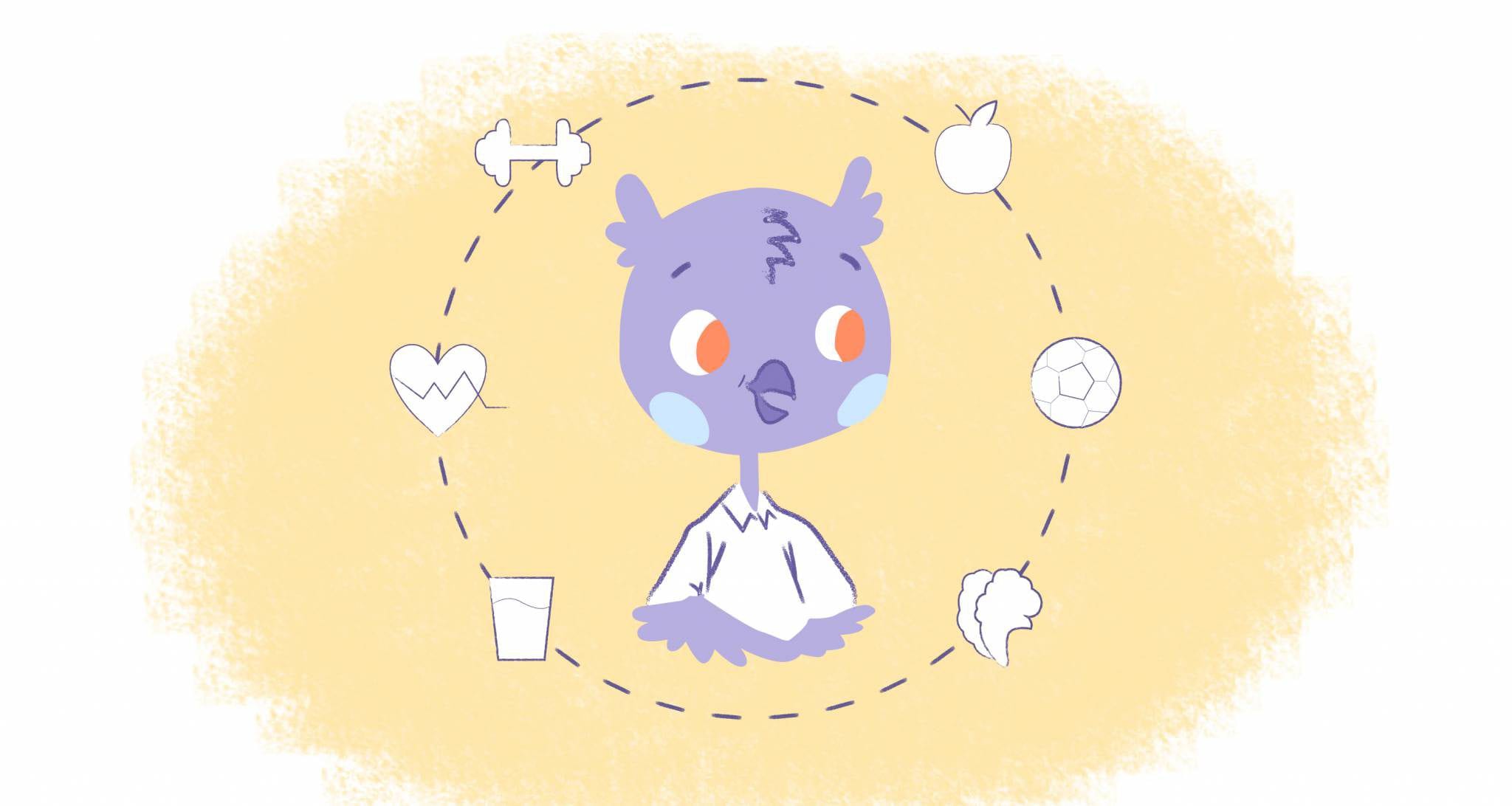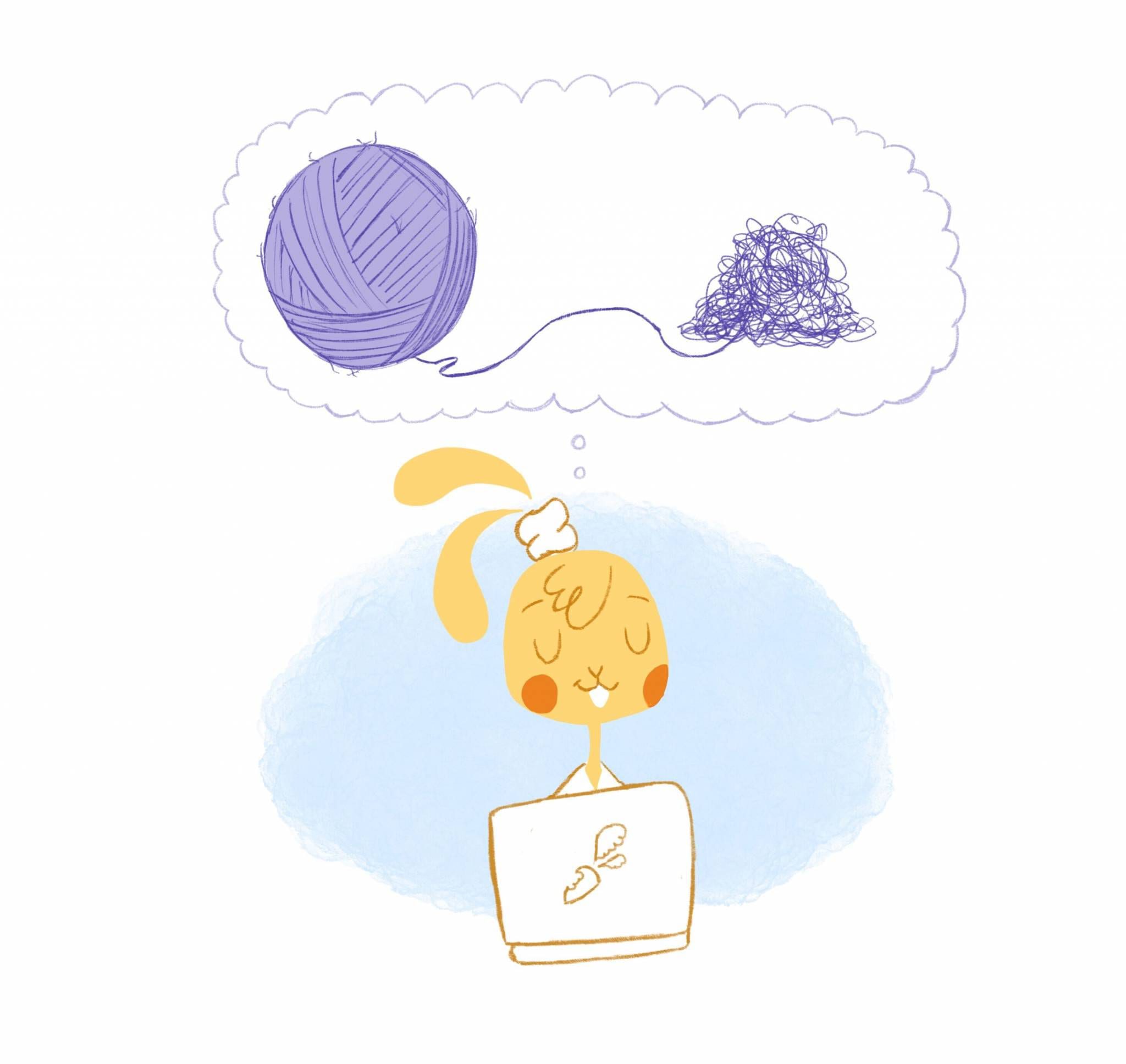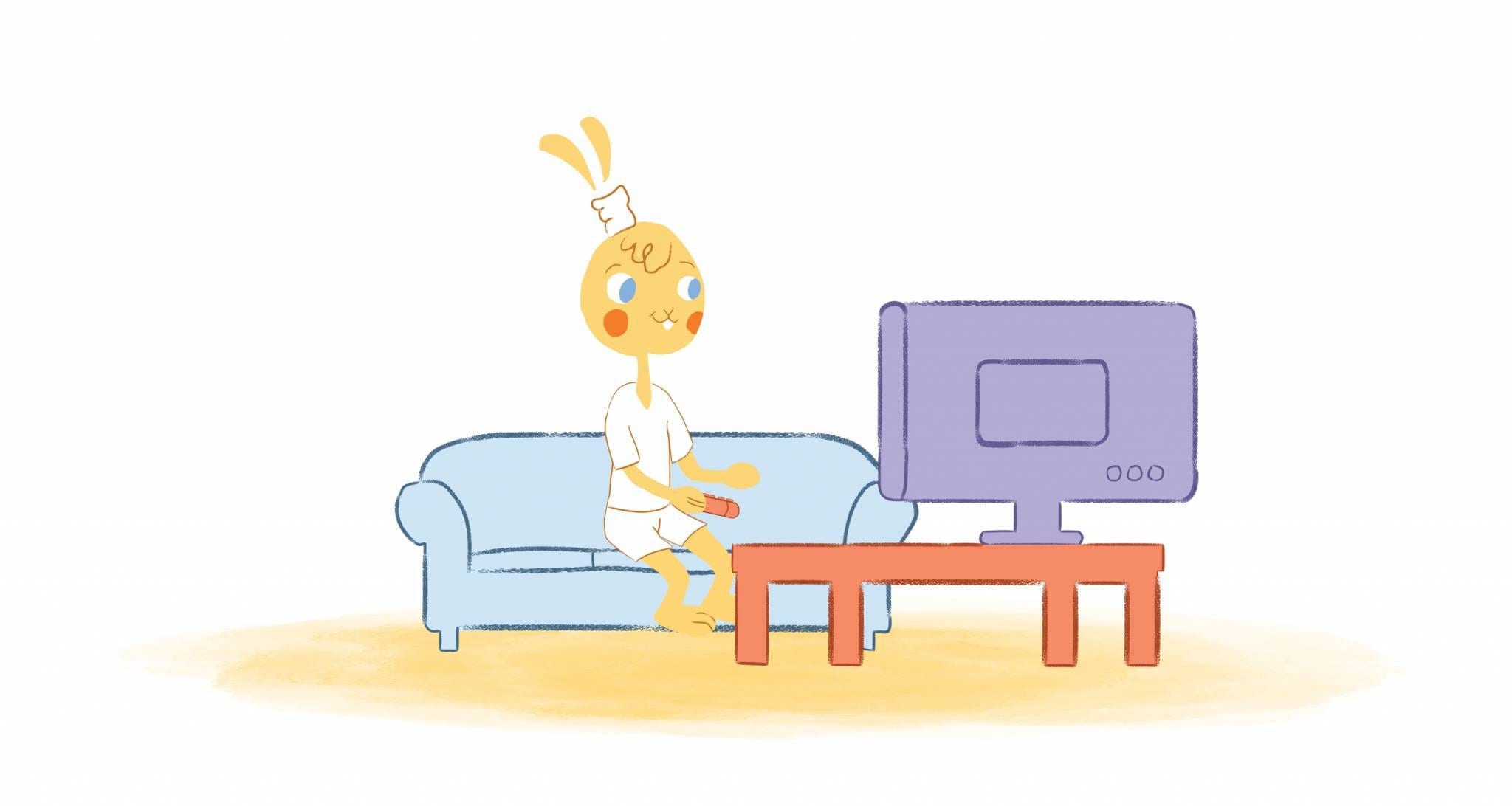

Have you ever experienced jetlag? Do you find yourself dragging in the afternoon? Are you finding that your workday is way too early for you in the winter?
If you’ve answered yes to any of those, there’s an answer. Your circadian rhythm is thrown off.
What exactly are circadian rhythms and why are they important?
Good question.
“Circadian Rhythm ircadian comes from the Latin and means, roughly, around (circa) the day (dian from diam which means day) and it’s a pretty special quality,” explains Tom Williams for Peak. “It helps your body understand what time of day it is and controls not just sleep but also your body temperature,” hunger, metabolic rate, “and the release of various hormones.” To put it more bluntly, it’s your body’s to-do-list.
What we know about these internally driven cycles from Nathaniel Kleitman and his research assistant Bruce Richardson from 1938. As the CDC notes, they found that “The circadian clock has an internally driven 24-hour rhythm that tends to run longer than 24 hours but resets every day by the sun’s light/dark cycle.” It’s also been discovered that not everyone has the same cycle — which explains morning larks and night owls.
“Around 40% of people are morning people,” writes Williams. “They are happy to wake early in the morning, often at dawn, and find themselves most productive in the early period of the day. Around 30% of the population are night people,” he adds. “They find themselves working best late in the evening and prefer to get up late.” As for the remaining 30 percent? They’re somewhere in the middle.
As previously stated, circadian rhythms are pretty important. So, when they’re not functioning properly it can put a number on your mental and physical health. At the minimum, this can result in exhaustion, obesity, headaches, gastrointestinal illness, poor concentration, and impaired performance.
What disrupts your circadian rhythms? It could be irregular sleep patterns, mental illness, eating at erratic times, or lack of exposure to sunlight.
The good news? You can get back on track. And, when you do, you’ll be healthier, happier, and more productive.
Establish an evening routine.
“When you look at some of the most productive people in the world, they always have some great tips and ideas about how to adjust your morning routine,” writes Choncé Maddox for Calendar. “Whether it’s avoiding checking email right when you wake up and easing into your morning, or exercising, and practicing meditation, these are all good pieces of advice.”
“However, one thing I learned a few years back that still reigns true is the importance of starting your routine at night,” adds Choncé. “While a morning routine can certainly help you get going and fueled for the day, an evening routine is likely more important.”
Why should you prioritize an evening routine? For starters, it helps you wind down so that you can get enough quality sleep. Moreover, this allows you to organize and plan for tomorrow so that you’re organized and set up for success.
What should your evening routine entail? Start by doing something that helps you help and relax. “Narrow down a few hobbies or practices that help you feel truly relaxed,” suggests Choncé. “Try to avoid checking emails at night when you’re done working for the day and pick up a book or have a chat with a loved one.”
Other options would be to read or journal. You can also review your calendar, lay out your clothes, and avoid blue light at least an hour before bed.
Practice good sleep hygiene.
Now that you’re ready for bed, here are some ways that you can stay asleep for the entire night. To begin with, go to bed and wake-up at the same time. I know that sounds like when you were a kid, but this ensures that you have a regular sleep pattern. Bonus tip, maintain this schedule even on the weekends, and try to do this naturally, aka not using your alarm to wake-up.
Some other tips to make sure that a lack of sleep isn’t’ destroying your productivity are:
- Pay attention to what you eat and drink. Don’t go to bed feeling hungry or full. Also, avoid caffeine or foods that are spicy, fatty, or fried.
- Exercise daily.
- Optimize your bedroom so that it’s like a cave. That means it should be cool, dark, and quiet.
- Keep your hands and feet warm.
- Rethink daytime naps by only taking a 20-30 minute power nap.
- Don’t let work interfere with your sleep schedule. For example, if you work until 8 pm and you want to go to bed an hour later, that’s not enough time to decompress.
Spend time outside.
There’s a direct link between exposure to natural sunlight and better sleep. The reason? It enhances nighttime melatonin. Additionally, spending time outside boosts your immune system and improves your mood.
When possible, get outside as much as possible. You can do this by spending your breaks going for a bike ride or scheduling a meeting during a walk. Another option would be to work in a park, your backyard, or balcony. If it’s cold, then at least setup shop next to a window.
And, when you need to reset your body’s clock, go camping. “Just two days of summer camping reset people’s clocks,” said Dr. Phyllis Zee, director of the Center for Circadian and Sleep Medicine at Northwestern University in Chicago. It’s recommended though that when you do minimize bright artificial light at night.
Identify your sleep chronotype.
According to sleep expert Dr. Michael Breus, there are four different chronotypes or circadian rhythm personalities. He suggests that you determine which one you are so that you can mirror the sleep-wake habits that best describe you.
- Bear. Most of us fall into this category. Their sleep-wake patterns follow the sun. They’re “ready for intense tasks smack in the middle of the morning,” but feel a dip by mid-afternoon.
- Lion. If you’re a lion, then you’re an early riser. “These are the go-getters, the leaders, the type-A movers and shakers.” However, they also fizzle out earlier and don’t stay up late.
- Wolf. Wolves are nocturnal. As such, they start later in the day and have two peak periods — noon to 2 pm and late afternoon/early evening. Wolves also happen to be makers and crave alone time.
- Dolphin. Because dolphins are light sleepers, they may have an irregular sleep routine. They also tend to be perfectionists and work best from mid-morning through early afternoon.
To find out what your animal, track your time and take Dr. Breus’ sleep chronotype quiz. After that, re-organize your day so that you can align your sleep pattern and work schedule. For example, if you’re a lion, then you would want to tackle your most important work bright and early.
Eat at set times.
Research shows that we also have a food-related clock. And, it can influence wakefulness and sleepiness. Because of this, you should try to eat at the same time each day. Moreover, it’s best to consume heavier meals earlier. And, you should try to stay away from dairy and saturated fats.
When traveling, or needing to reset because of shift work, scientists at Beth Israel Deaconess Medical Center (BIDMC) recommend a fasting period.
“Modern day humans may be able to use these findings in an adaptive way. If, for example, you are traveling from the U.S. to Japan, you are forced to adjust to an 11-hour time difference,” says the study’s senior author Clifford Saper. “Because the body’s biological clock can only shift a small amount each day, it takes the average person about a week to adjust to the new time zone. And, by then, it’s often time to turn around and come home.”
But, if you adapt your eating schedules, you may be able to engage this second “feeding” clock. In turn, this can help you adjust more quickly to the new time zone.
“A period of fasting with no food at all for about 16 hours is enough to engage this new clock,” says Saper. “So, in this case, simply avoiding any food on the plane, and then eating as soon as you land, should help you to adjust – and avoid some of the uncomfortable feelings of jet lag.”
Sync your exercise routine.
It’s been found that exercise can be just as powerful as sunlight when it comes to engaging your circadian rhythms. Primarily this is because it releases melatonin. However, when you exercise depends on if you’re a morning person or night owl. For instance, if you’re a morning person, then you should get your sweat on first thing in the AM.
Reduce psychological stress.
While not surprising, stress can throw off your circadian rhythm. As such, identify your stress triggers and eliminate them. For example, if you’re anxious about an upcoming presentation, write down why you’re so worried. Seeing your thoughts on paper can help you develop ways to resolve this problem.
Of course, eating healthy and physical activity are also proven ways to reduce stress. Other suggestions would be to staying connected with others, meditating, and planning ahead. You should also definitely prioritize yourself by adding a self-care routine to your calendar.











Abby Miller
Student at UC Berkeley, currently working on a degree in Electrical Engineering/Computer Sciences and Business Administration. Experienced in CSX, productivity management, and chatbot implementation.